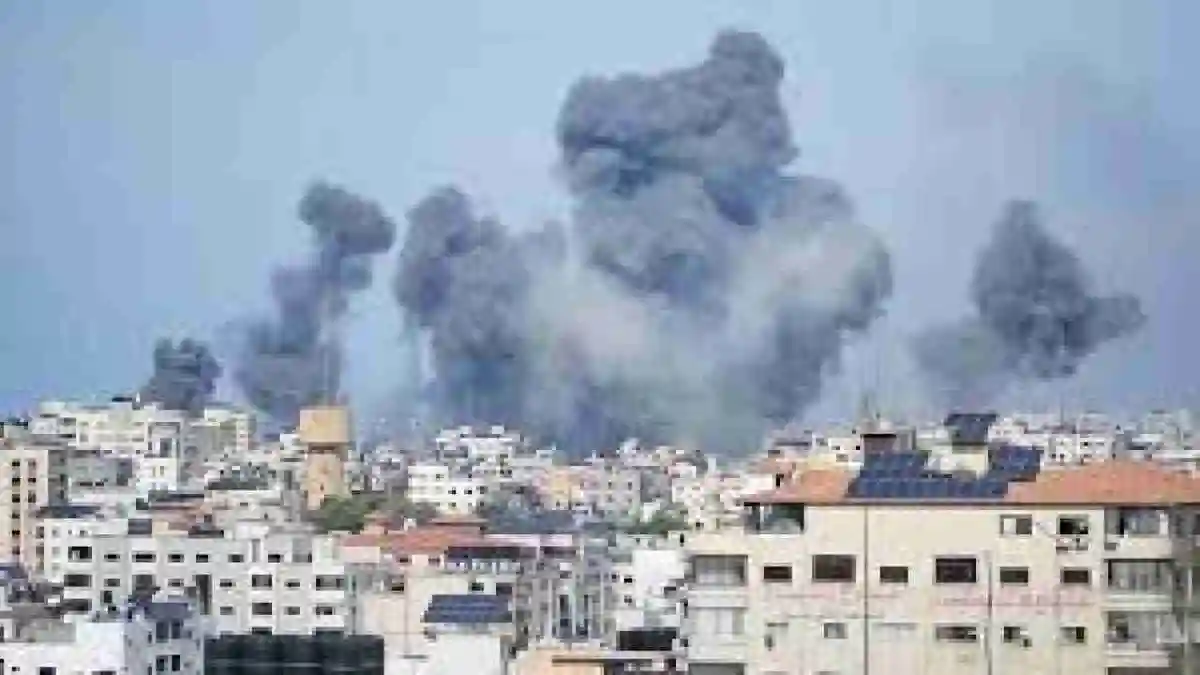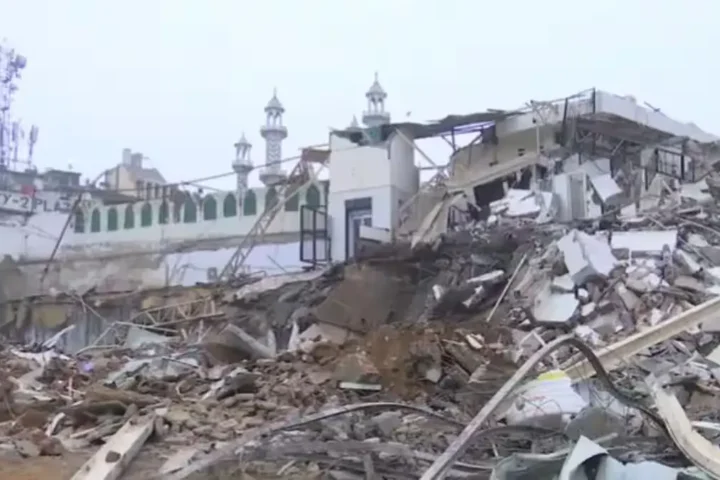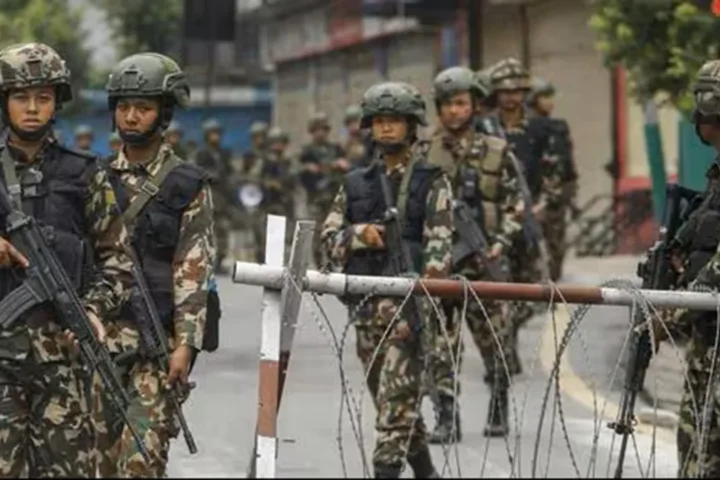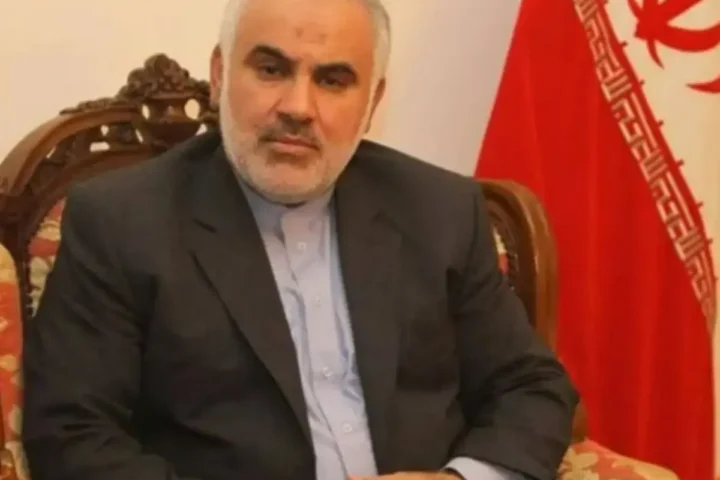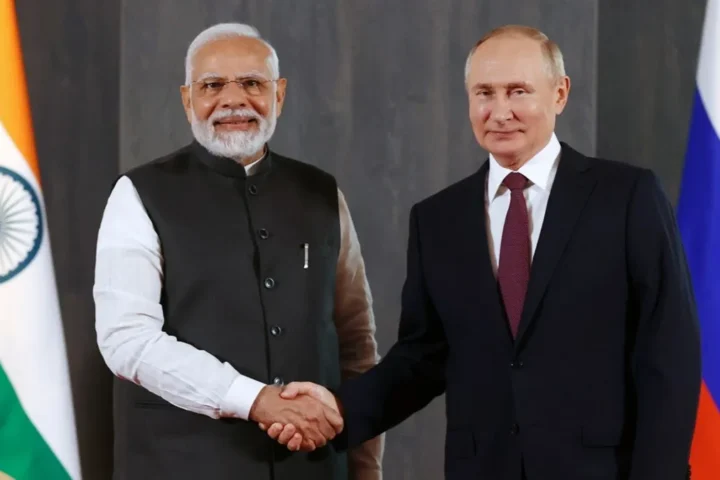In a shocking turn of events, Hamas, led by Mohammad Deif, launched the ‘al-Aqsa Flood’ operation, firing over 5,000 rockets at Israel, marking a devastating attack.
A Historic Escalation
The conflict between Israel and Hamas has escalated to its most severe level in years, with Hamas emerging as a formidable rival in the Palestinian territories.
Roots of Hamas
Hamas traces its roots back to the Muslim Brotherhood, and its inception marked a shift towards more aggressive Islamist politics, diverging from the PLO’s secular nationalism.
The Rise of Hamas
Hamas was established during the first intifada in 1987, following a wave of protests against Israeli occupation. The group, with a strong anti-Semitic stance, rejected peace initiatives and endorsed the goal of liberating all of Palestine.
Violent Tactics and Popularity
Hamas’s use of violence against Israeli forces and settlers appeared to increase its popularity among Palestinians. It won a significant victory in the 2006 legislative elections.
Shifts in Hamas’s Outlook
Over time, Hamas signaled changes in its approach, dropping some of its more extreme rhetoric and expressing willingness for a lasting ceasefire and a Palestinian state along the 1967 borders.
Israel’s Dilemma
While Israel seeks to destroy Hamas, it must acknowledge that Hamas is a key player in Palestinian politics. Eliminating Hamas entirely presents a formidable challenge for Israel.
The Israel-Hamas conflict and uncertainty
The Israel-Hamas conflict raises critical questions and underscores the importance of addressing the Palestinian issue, with or without Hamas. The situation is a severe test for Israel.

